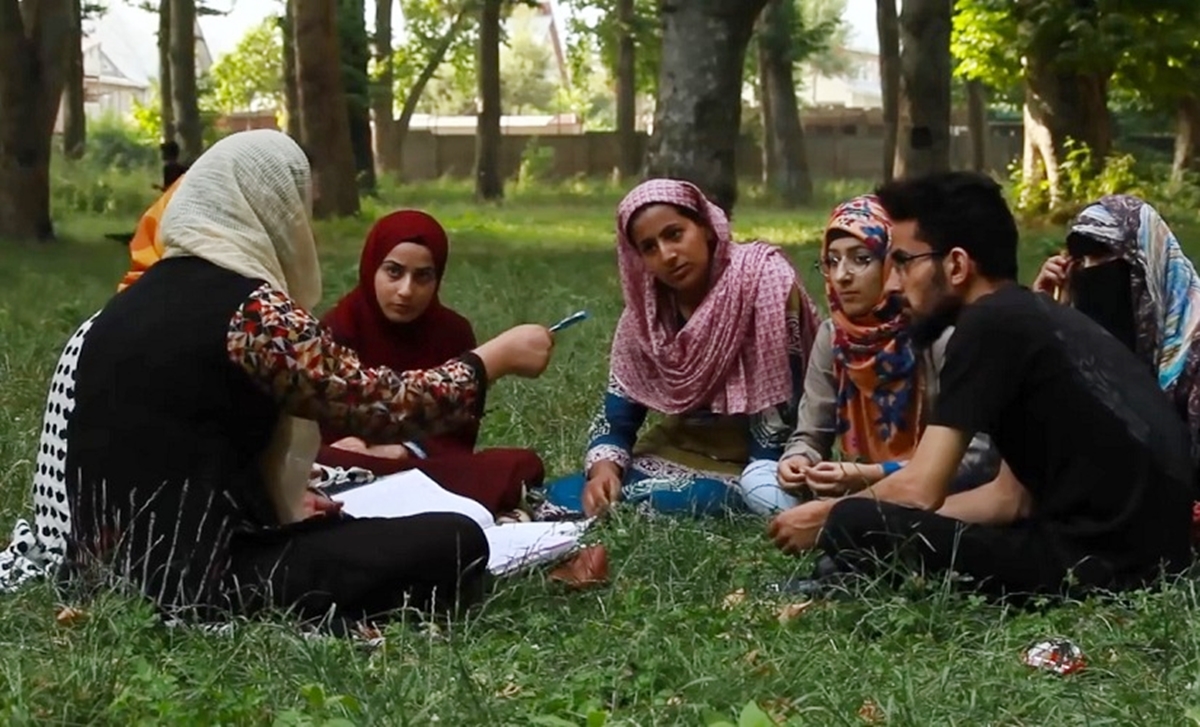What seems to be a never-ending fight against the COVID-19, India, much like its other counterparts, is seeking recourse, respite…
Login to Read!
This content is restricted to site members. If you are an existing user, please log in below. Or you can can create an account here.

